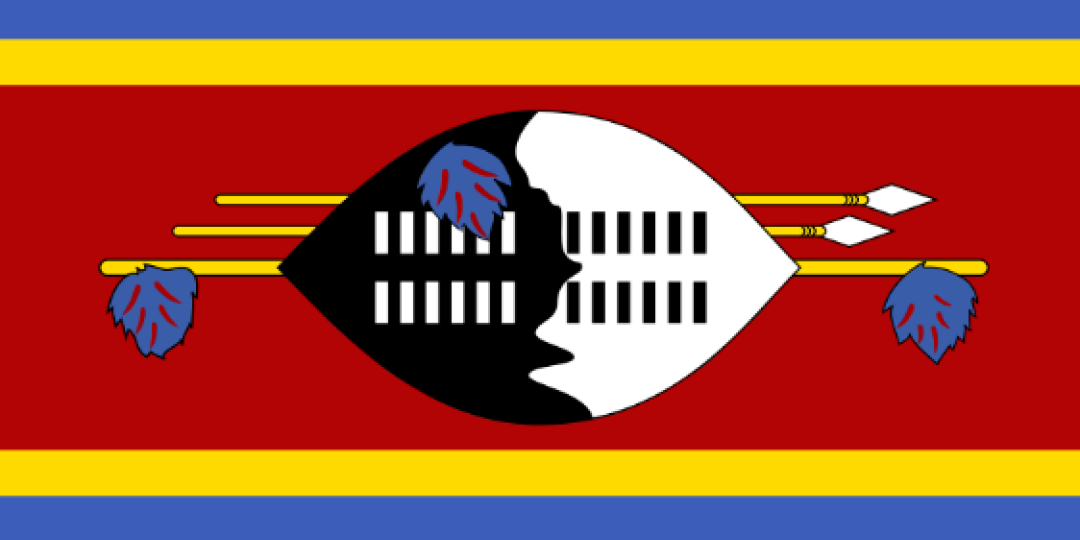Eswatini has been listed on the International Chamber of Shipping (ICS) Table, which shows the world’s largest flag state administrations that are demonstrating high levels of performance with respect to the enforcement of global shipping regulations.
The appearance of landlocked Eswatini among four flag states listed this year for the first time, reflects the recent increase in shipping tonnage registered with smaller administrations, the ICS said.
The new additions — which also include Cambodia, Gabon and Guinea-Bissau — are reportedly used by some shipping companies seeking to bypass US/EU/G7 sanctions, raising concerns over whether international maritime standards are being properly enforced on board ships flying the flags of these states.
ICS secretary general, Guy Platten, said Eswatini’s emergence as a flag state “presents a distinct concern” as it is not a member of the UN’s International Maritime Organization (IMO) and is therefore not a signatory to its international maritime conventions.
“ICS strongly encourages Eswatini and other new flag states to prioritise IMO membership and the ratification and implementation of IMO conventions to demonstrate their commitment to global maritime governance and the responsible operation of those ships registered with their fleets,” he said.
The emergence of the global ‘dark fleet’, which operates under the radar — violating sanctions against Russia and Iran by transporting fuel and other products — has led to a grouping of ships that are in poor condition, lack insurance and frequently switch state flags to avoid regulations.
Using a wide range of objective performance indicators, the ICS Table provides an analysis of the extent to which flag state administrations adhere to their responsibilities to follow global standards and regulations governing safety, environmental protection, and the employment conditions of seafarers, as adopted by the IMO and the International Labour Organization.
The latest ICS Table confirms that most of the global shipping industry is registered with flag states that strictly enforce global regulations, as shown, for example, by the results of port state control inspections.
Greece, Hong Kong SAR, Japan, Liberia (the largest), Malta, the Marshall Islands and Singapore—where more than 53% of the world fleet is registered according to UN Trade and Development—continue to show all-green performance indicators on the latest ICS Table.
The Bahamas, China PRC and Panama, also in the top ten by tonnage, demonstrate very good performance and a strict commitment to global maritime regulation.
“For more than 50 years, shipping has been a global industry operating under global rules, and it is vital that flag states adhere to their obligations to enforce the highest global safety standards. I hope that this year’s Table helps shipping companies to carefully consider the performance of flag administrations when making decisions about the flags which they choose for their ships to fly,” Platten said.













